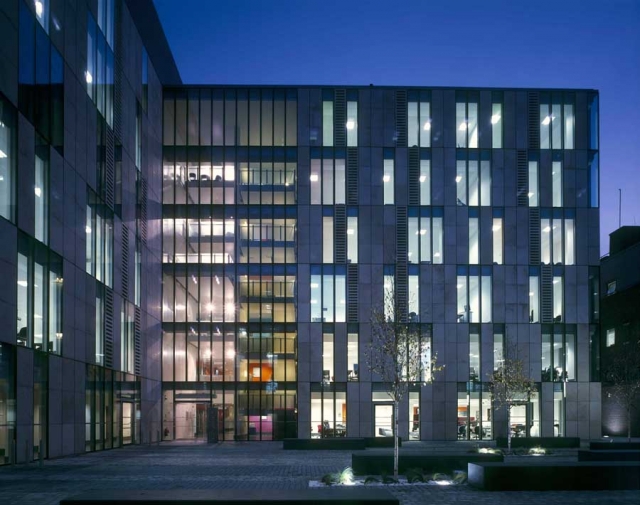Providing Public History: Challenges and Opportunities, 2011

A Workshop to launch Kingston University's Centre for the Historical Record
Around ninety archivists, museum curators, heritage providers and historians gathered at Kingston University on 10th June, for a unique workshop to officially launch the new Centre for the Historical Record. Professor Julius Weinberg, Vice Chancellor of Kingston, opened proceedings with a well received speech about the importance of historical records across a range of different academic disciplines as well as to inform the public. The aim of the day was to discuss how historians and professionals from the archives, museum and heritage sectors can work together to provide accessible, informative history to wide audiences, and also engage the public in its production. Speakers and delegates were also invited to submit suggestions about how the Centre for the Historical Record could best help facilitate these aims at a time when government cuts are threatening institutions in both sectors. The twelve speakers from institutions as diverse as the Science Museum, the Wellcome Library, The Natural History Museum, The National Maritime Museum, The National Archives, English Heritage, The Historical Association, Berkshire Record office and Surrey History Centre, and King's College London, were divided into three panels. These focused on the provision of public history by museums and galleries involving collaborative efforts with historians and visitors as contributors to exhibitions; the problems of making sensitive ‘private' medical records available for public benefit; and the use of digital technology to involve volunteers and the wider public in cataloguing and preserving their own history.
Professor Ludmilla Jordanova, spoke about the need for academic historians to expand their technical skills and appreciate the specific practical and economic restraints under which museum professionals must work. The CHR she suggested, should work to foster and support relationships between the sectors and provide new forms of training for students and historians to learn how to participate in creating displays and communicate their knowledge clearly through different mediums. Tim Boon raised the issue of public engagement in the creation of history by illustrating how the Science Museum had invited the public to co-curate displays, a move partly driven by the new interest among family historians to place their ancestors in their social historical context. The National Archives and English Heritage were also experimenting with projects in which local communities or groups of volunteers contributed information to catalogue documents and identify heritage sites, using the internet and new digital technology. Archivists engaged in preserving and presenting mental health records stressed the problems of trying to protect the private interests of former patients and their families, but also the enormous benefits that these records can bring to their descendents and to current patients when used in sensitive and innovative ways. Yet some medical institutions preferred to restrict access to professional historians, who are bound by ethical codes and whose published work is not easy for the public to access. In his closing remarks, Andrew Foster called on the new CHR to help break down the barriers between professionals, academics and the public by setting up training workshops that all groups could attend together and, by facilitating discussion of collecting and cataloguing policies that would benefit all.
The workshop was recorded and will soon be available able to listen to here... and via the Centre's website.
If you are interested in the work of the CHR or would like to become involved, please contact Dr Nicola Phillips by emailing N.phillips@kingston.ac.uk or chr@kingston.ac.uk .

